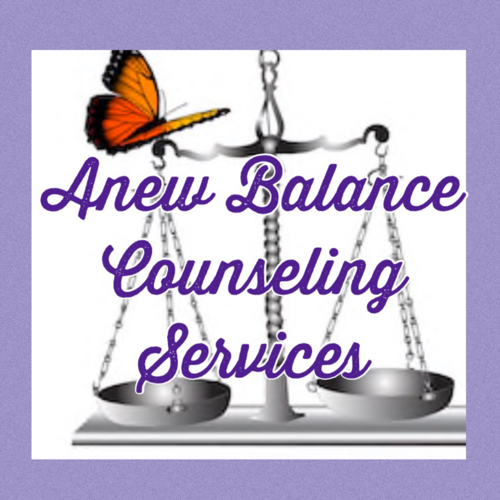What Anxiety Is and Common Symptoms:
- Define anxiety and distinguish between everyday stress and chronic anxiety or anxiety disorders.
- List common symptoms (e.g., rapid heartbeat, tension, worry, restlessness, or difficulty concentrating) and talk about how these can affect daily life.
Strategies for Managing Anxiety:
- Deep Breathing Exercises: Describe a simple deep breathing technique (e.g., box breathing) that can help calm the nervous system.
- Mindfulness Practices: Introduce mindfulness and offer a quick practice (e.g., mindful breathing or a 5-minute meditation).
- Physical Activity: Explain how exercise, even a short walk, can release endorphins and reduce anxiety levels.
- Healthy Routine: Mention how regular sleep, balanced meals, and staying hydrated support mental well-being.
When to Seek Professional Help:
- Suggest that if anxiety interferes with everyday tasks, relationships, or personal goals, it may be time to reach out to a counselor.
- Conclude by highlighting the benefits of working with a mental health counselor, such as learning coping mechanisms and exploring underlying causes of anxiety.




